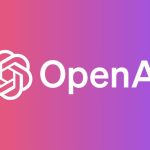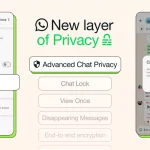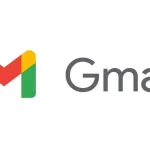VLC Media Player, one of the world’s most popular video playback tools, has reached a monumental milestone of over 6 billion downloads globally. At CES 2025, the company announced a new AI-powered feature set to revolutionize how we watch and understand media: real-time subtitle generation and language translation.
A Milestone in Digital Media
The achievement of 6 billion downloads underscores VLC’s enduring popularity since its inception over two decades ago. Jean-Baptiste Kempf, President of the VideoLAN project, highlighted the platform’s success at CES 2025, saying, “VLC has remained free and open-source while continuously innovating to meet the needs of modern users.”
From its humble beginnings as a college project, VLC has become an essential tool for video playback across platforms, with seamless support for nearly every video and audio format. According to TechCrunch, this milestone reflects its massive global reach and adaptability in an ever-changing tech landscape.
AI-Powered Subtitles for Accessibility
The latest addition to VLC’s feature lineup is real-time AI-generated subtitles and translations. This tool uses advanced machine learning algorithms to transcribe spoken dialogue into subtitles while also translating it into multiple languages. As detailed by The Verge, this breakthrough is poised to make media more accessible, particularly for non-native speakers and hearing-impaired viewers.
The AI subtitle feature, slated for release later this year, will function offline, ensuring user privacy and expanding accessibility for individuals in regions with limited internet connectivity. Kempf emphasized the importance of privacy, stating, “All processing will be done locally on your device, with no data sent to external servers.”
Impact on Media Consumption
The integration of AI-generated subtitles represents a significant leap forward in how audiences interact with digital content. PCMag notes that this feature will benefit educational content, international cinema, and even live streaming, breaking down language barriers and enhancing user engagement.
As VLC continues to innovate, it remains a standout example of how open-source platforms can drive technological progress and foster global accessibility.







